Every July, property owners in Cyprus receive a notice informing them that they need to pay the sewerage fee, known as “χαράτσι” in Greek. Although this is a mandatory levy, many have questions: how is the amount calculated, why is it necessary, and why is it charged even to those whose homes are not connected to the sewerage system?
In this blog, we will examine how the sewerage tax is calculated, how the collected funds are spent, and why it is so important for homeowners and the development of the island's infrastructure to pay this tax.
How is the sewerage tax calculated?
Firstly, it is important to note that the sewerage charge is not based on the property's market value, but on its estimated value as determined by the state. Local municipalities use this “objective value” as a reference.
For example, in Nicosia in 2025, the tax is €0.63 per thousand euros of assessed value. Therefore, if your property is valued at €300,000, you will have to pay €189 per year.
This rate applies to all types of property, including residential houses, offices, shops and other premises. Previously, rates varied depending on the property's purpose, but after a wave of public criticism, the model was standardised. Now, the system is fair and non-discriminatory.
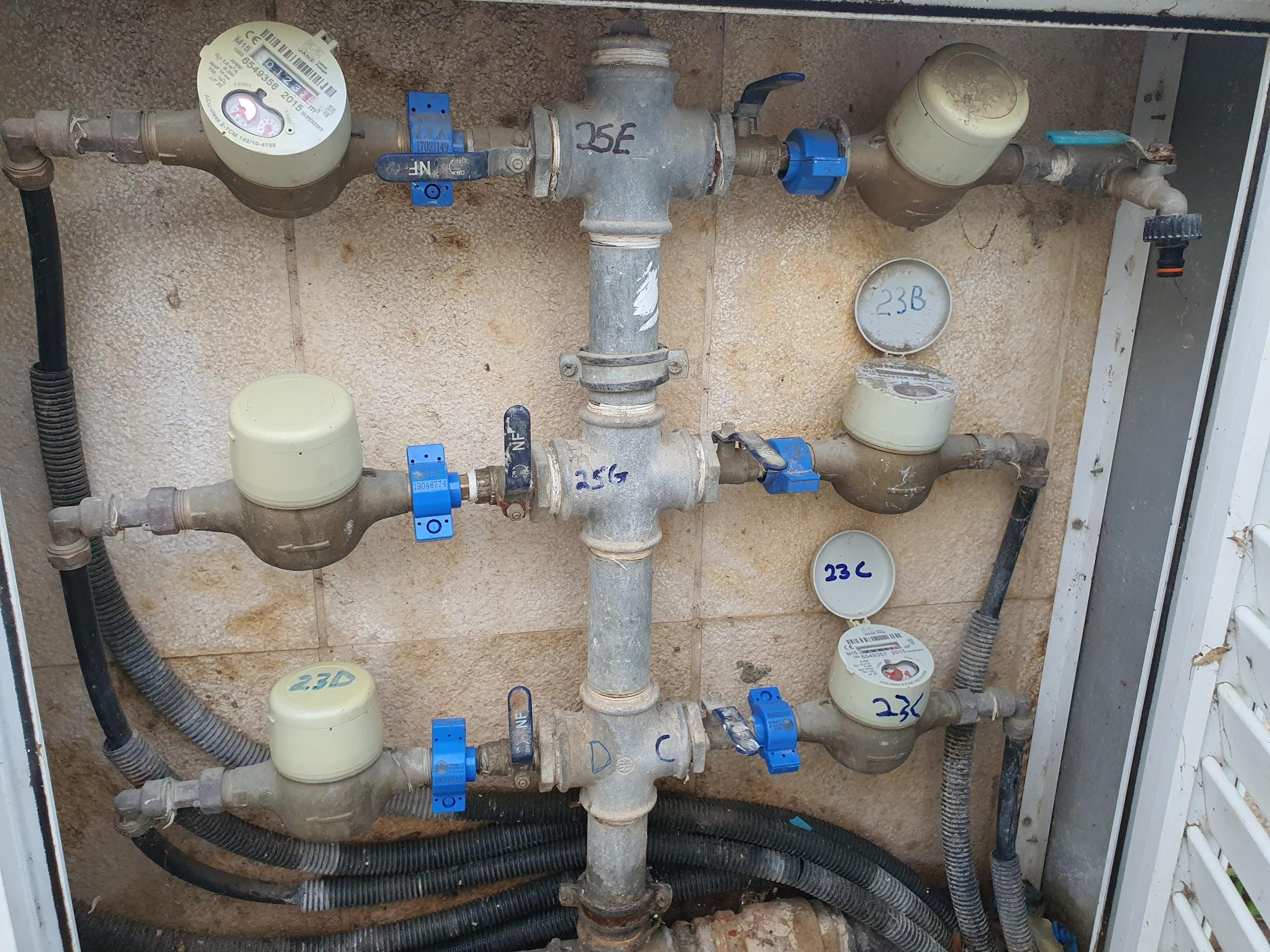
How to pay sewerage tax
Usually, the tax notice is sent by post or email. This specifies the amount of tax, the payment deadline and your unique payment code. The most convenient way to pay is online. To do this, go to the JCC Smart app.
- Select the relevant Sewerage Board (e.g. Limassol).
- Enter the account number/reference from the notice.
- Pay using Visa or Mastercard.

What are the funds actually used for?
Many people think that this tax is simply a sewage disposal fee. In fact, the sewerage charge covers much more:
- operation of existing networks;
- maintenance and modernisation of equipment;
- construction of new sections;
- — and most importantly — repayment of loans taken out for infrastructure projects.
- For example, the Nicosia sewerage system was only fully operational in 2010.
For example, the Nicosia sewerage system was only fully operational in 2010. It was not built based on Cyprus' belief in a bright future, but rather with money from the European Investment Bank. These loans will be repaid until 2036. Therefore, even if your village does not yet have a sewerage system, you are still contributing to the common cause.
Please note: the owners pay the tax even if their house is not yet connected to the system. This money goes towards building networks and servicing debts.
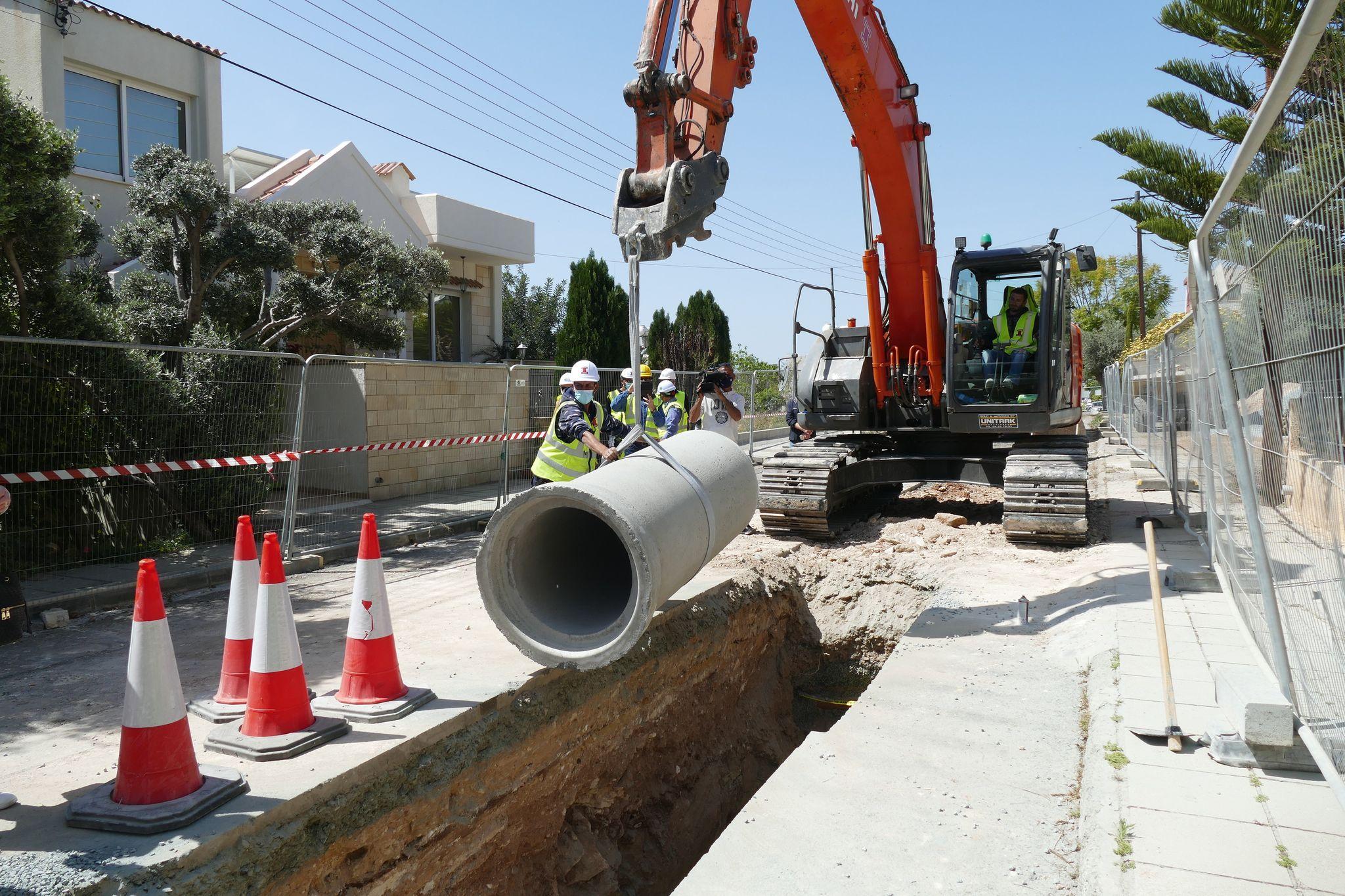
Why are the fees constantly increasing?
Let's be honest, the fees are constantly rising. The last time this happened was in 2018, when the rate increased by 10%. The official reason given was the need to finance new projects. Since then, the fee has not been formally revised. However, if you notice a change in the amount, it may be because your property has been revalued or your area has been included in a new construction phase.
The financial situation of municipalities still leaves much to be desired. The Ministry of Public Works owes over €3.4 million, and annual losses from non-payment across the country are estimated to be in the millions. This is prompting the authorities to reform the tax collection system.
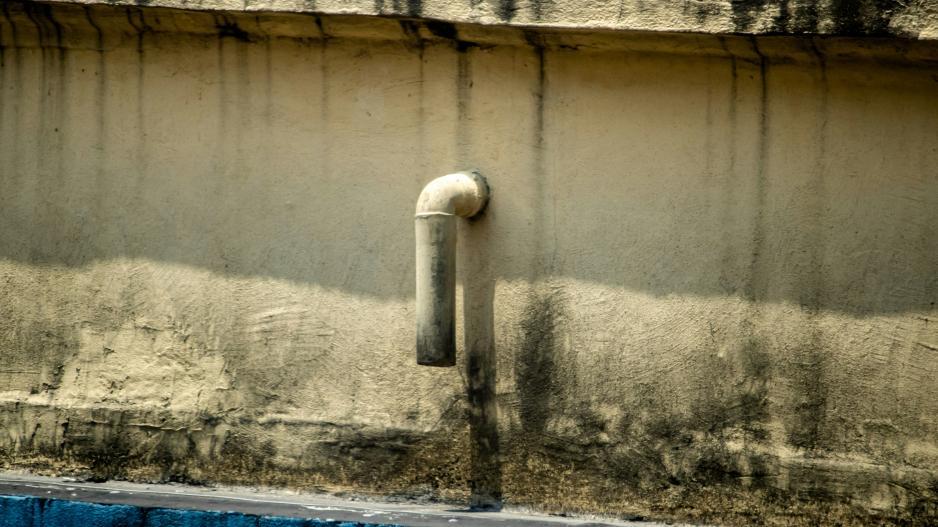
Different cities take different approaches
Although the basic calculation principle is similar, different municipalities in Cyprus use their own models. In Limassol, for example, property taxes vary depending on the property's intended use. For commercial properties, the rate can be as high as €3 per thousand of the property's estimated value. In Larnaca, adjustments are made according to the property's age and location, reflecting the level of development in specific areas. Paphos and the free areas of Famagusta use mixed models based on coverage and building density.
One thing they all have in common is that, with long-term loans and rising operating costs, it will be impossible to abandon annual fees until at least 2036.
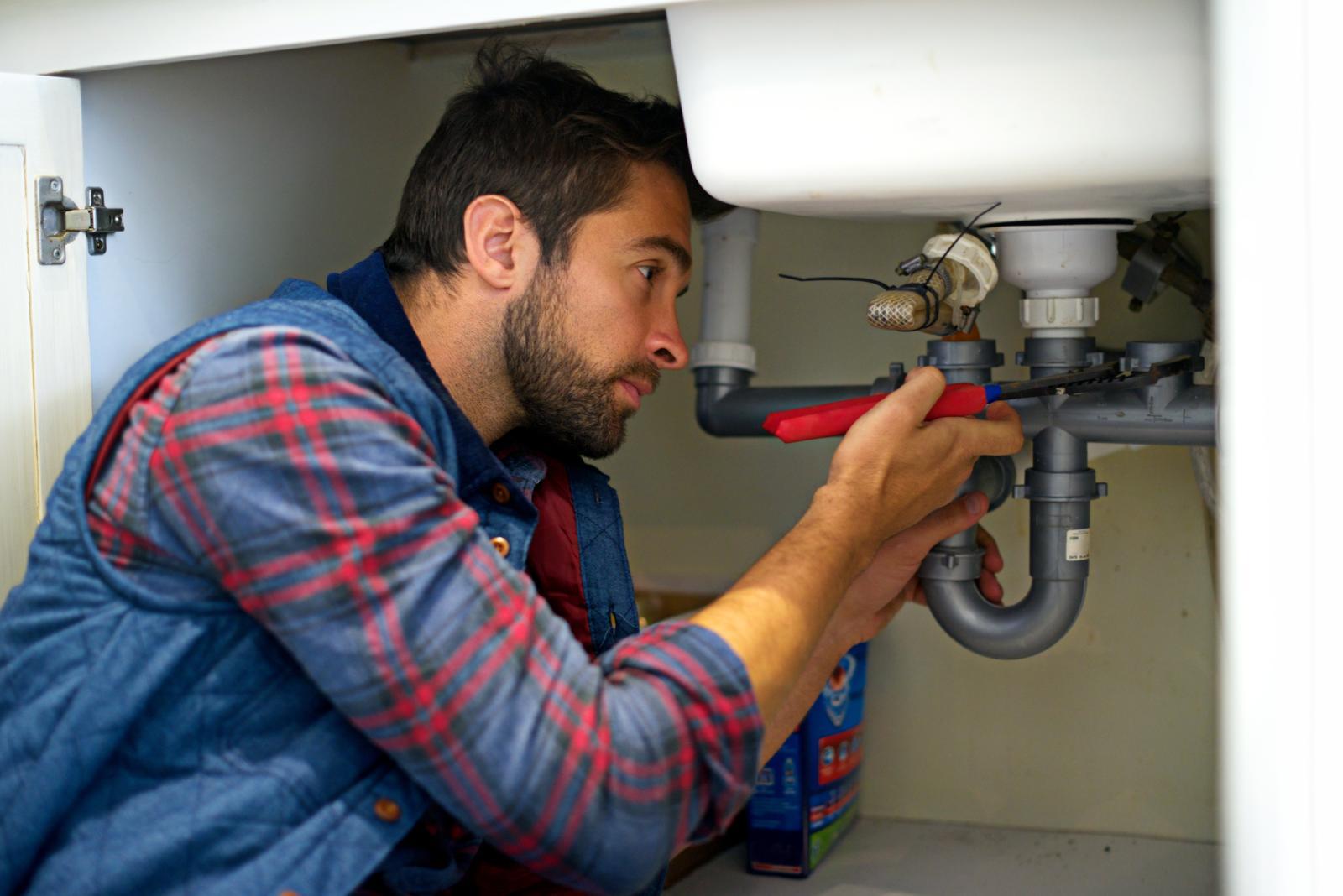
What are the consequences of not paying the tax?
Ignoring the sewerage fee is not advisable. Refusal to pay can have serious consequences. These include transaction blocking: the sale or purchase of real estate is impossible until all outstanding amounts have been paid. Penalties and interest are also charged. Furthermore, widespread non-payment undermines the budget for maintaining the system, which could affect the quality of services in the long term.
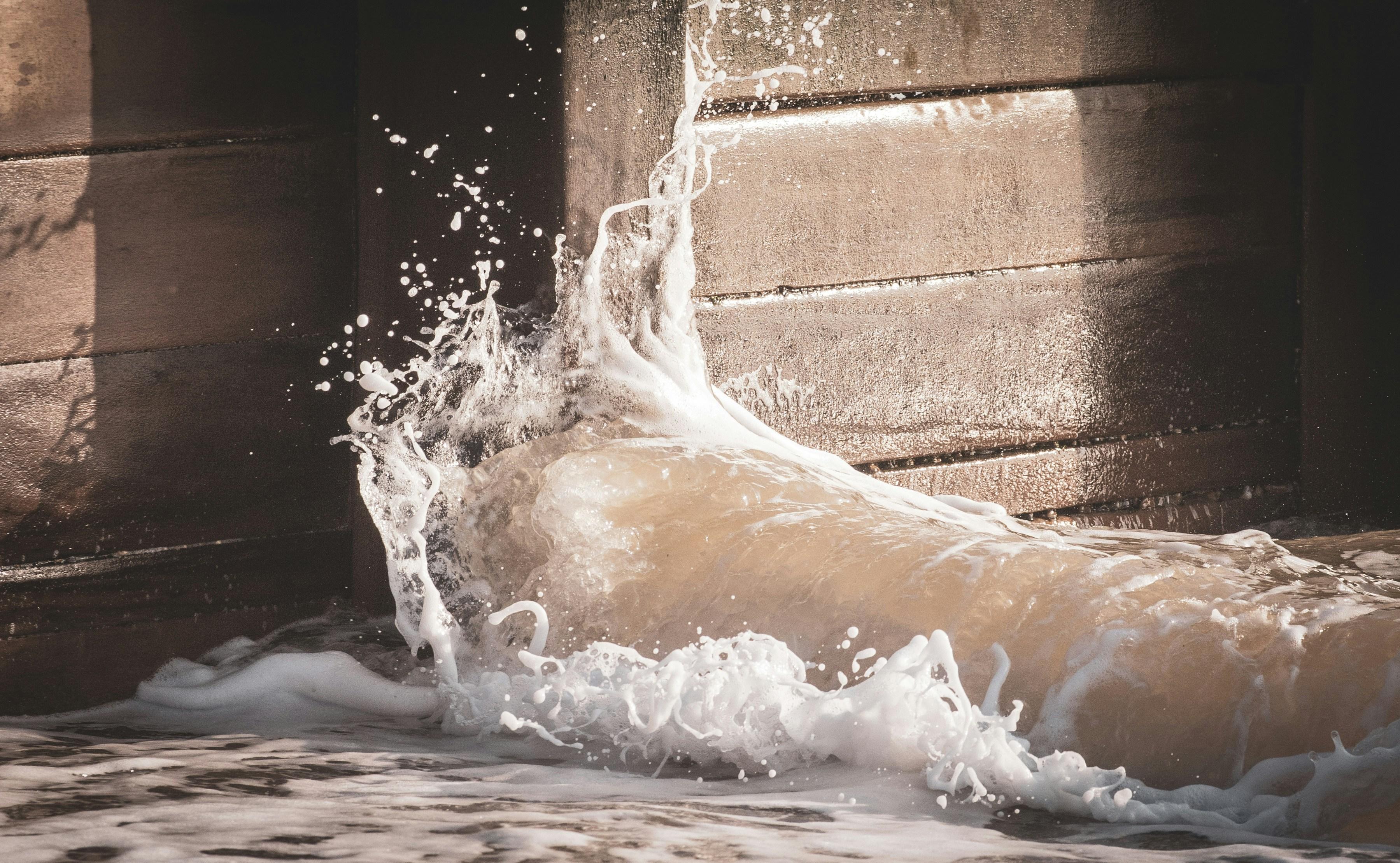
Why does the tax continue to exist?
Despite a decline in global investment in infrastructure (investment in fintech fell by 20% in 2024, for example), the water sector in Cyprus requires stable financing. Key reasons for maintaining and potentially increasing taxes include rising network operation and modernisation costs, accumulated debt from large infrastructure loans, and insufficient payments from individuals and government agencies. Municipalities must strike a balance between debt obligations, infrastructure development and maintaining service quality.
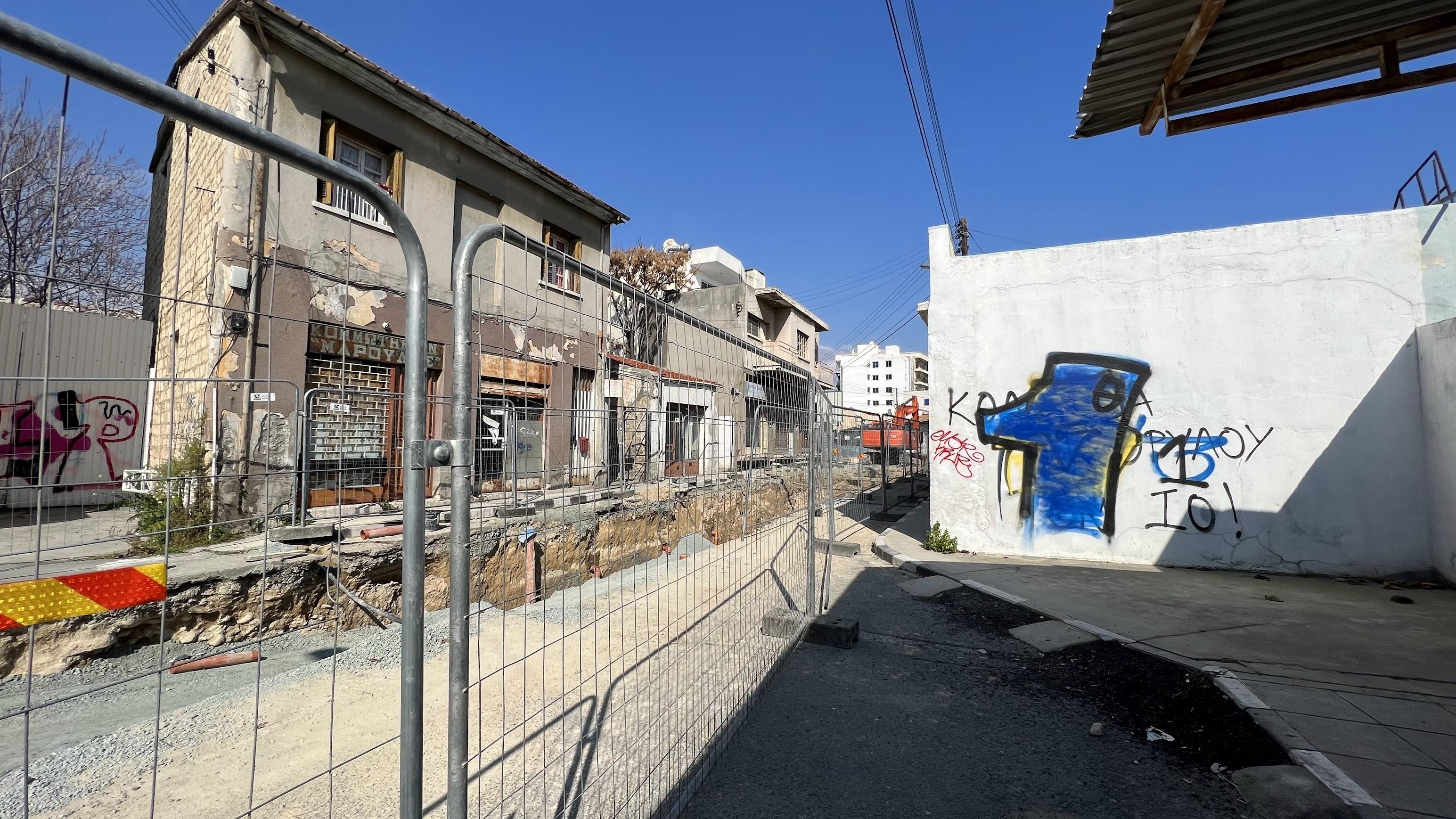
Sewerage tax in Cyprus is not just a mandatory payment; it is also a tool for developing and sustainably financing urban infrastructure. It ensures the long-term operability and modernisation of sewerage systems, which directly affects quality of life and property values in Cyprus.
Admittedly, sewerage charges are not the most appealing aspect of owning property in Cyprus. However, without them, there would be no sanitation or prospects for development. So pay them as you would pay for Netflix: regularly, with understanding, and preferably without reminders. If you want to be extra cautious, check that you don't have any outstanding debts. This will help you avoid any surprises when you next buy or sell a property.
Read also:

